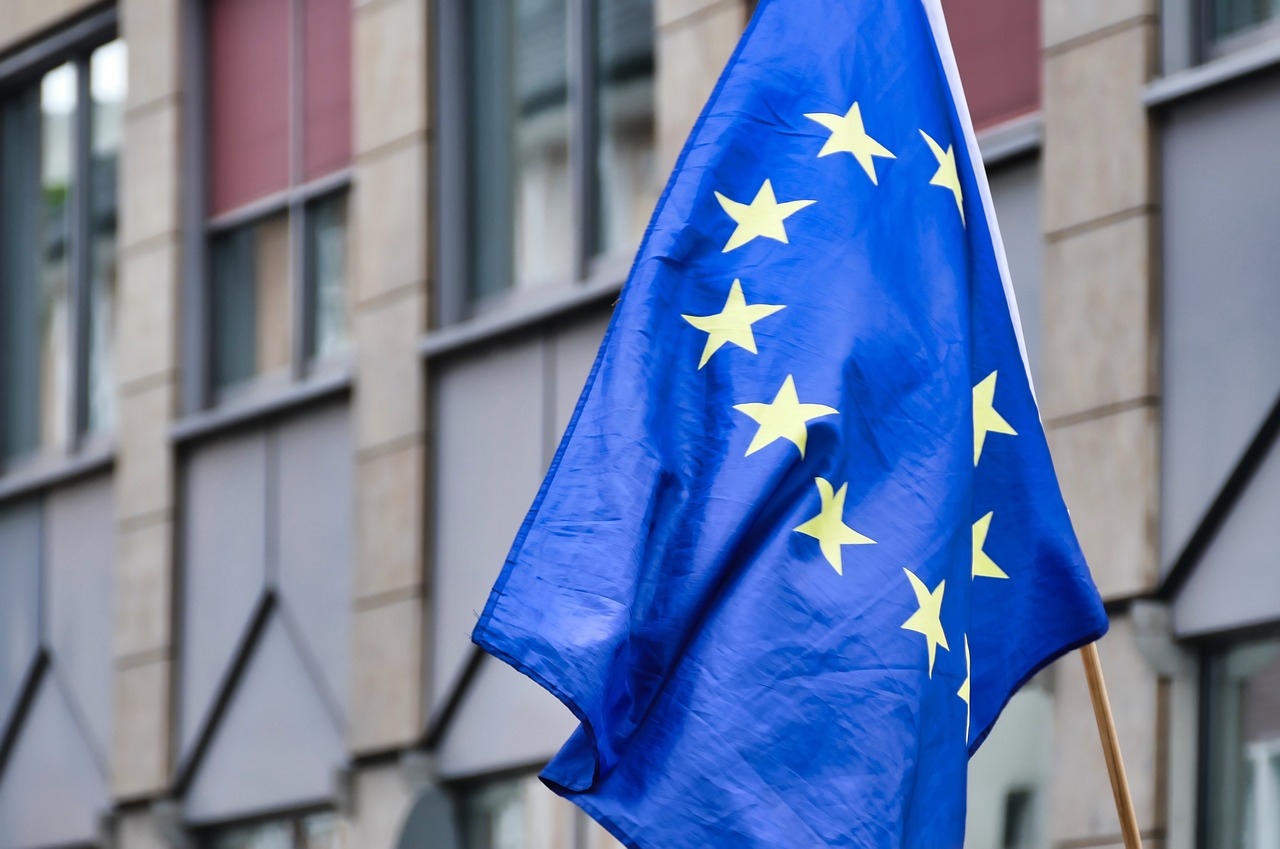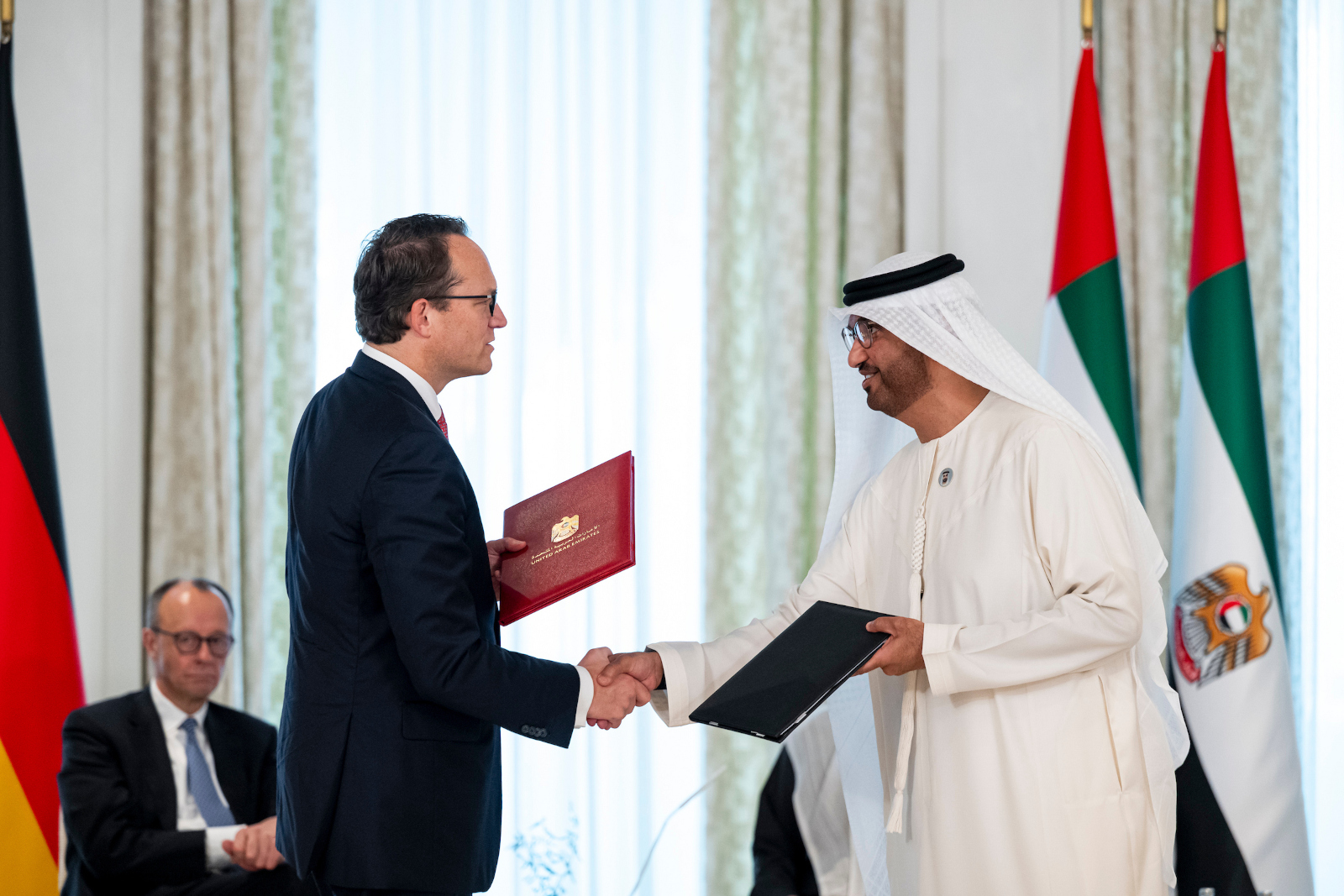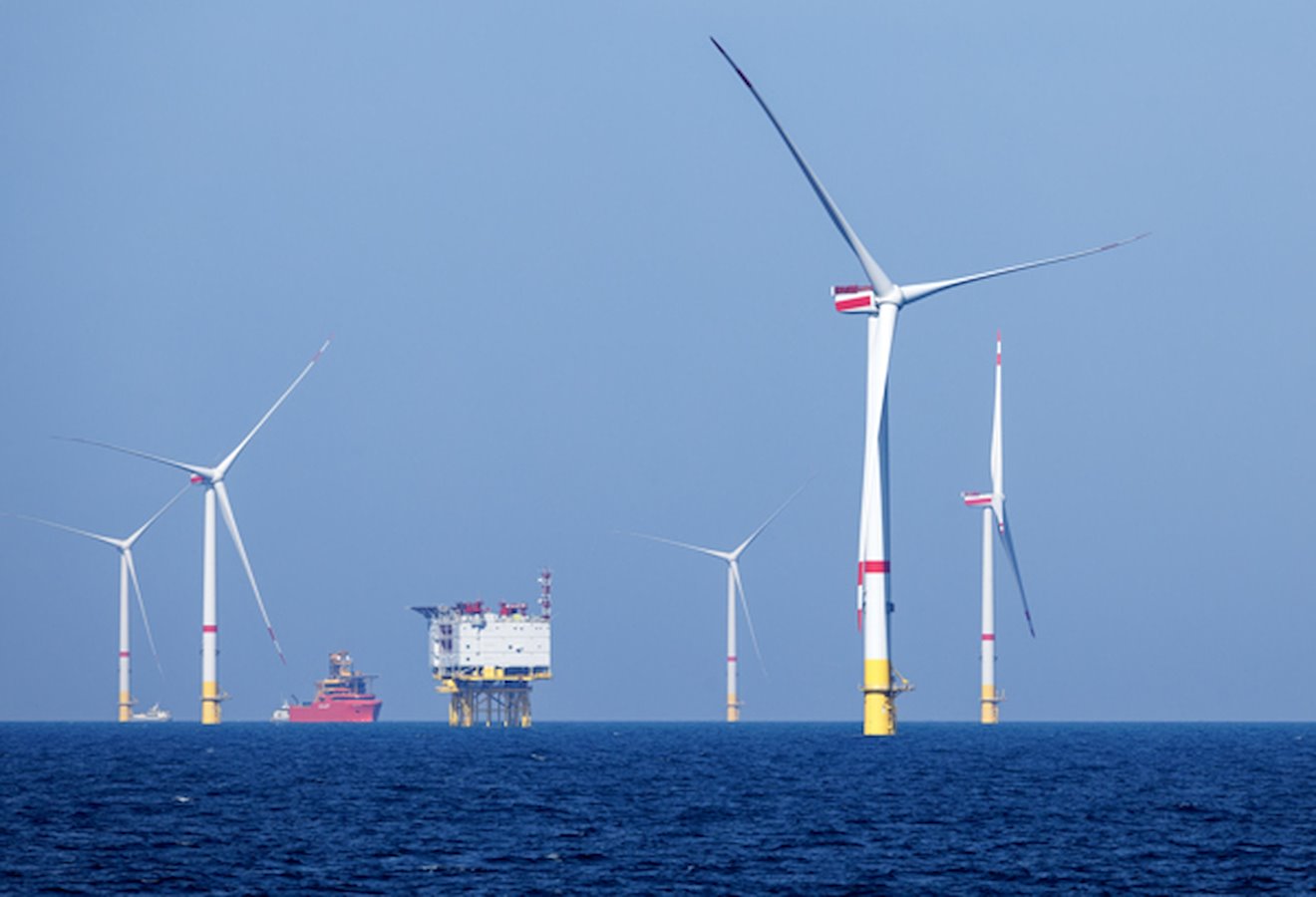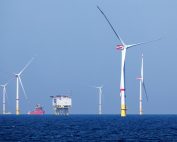Chief Commercial Officer of the Port of Roenne, Mr. Jeppe la Cour shared some exhilarating news in a recent social media post, that has sent ripples of excitement throughout the renewable energy sector. The Port of Roenne has inked a groundbreaking agreement with Siemens Gamesa, heralding a new era of sustainable energy production in the Baltic Sea region.
The agreement, representing over 1 gigawatt in capacity, signifies a significant stride towards bolstering green energy initiatives in the Baltic Sea. Set to commence before 2030, these projects are slated to span two years and promise to revolutionize offshore wind energy production. Siemens Gamesa’s decision to utilize the SG 14-236 DD wind turbine underscores the magnitude of this endeavor. With its colossal rotor diameter of 236 meters and a capacity of 14 MW, this turbine epitomizes cutting-edge innovation in offshore wind technology.
Mr. La Cour’s enthusiasm is palpable as he eagerly anticipates welcoming Siemens Gamesa back to the Port of Roenne, following the success of the Kriegers Flak project. It’s heartening to note that the port’s existing tenants, such as Vestas, are also integral to this green energy revolution. The collaborative efforts of companies like Muehlhan, Mammoet, BMS, BHS, Bluewater Shipping, Jan de Null, Fred Olsen, DEME, Van Oord, and others further underscore the collective commitment towards a sustainable future.
What makes this announcement truly remarkable is not just the scale of the projects but the shared vision among these companies. The Port of Roenne isn’t merely a harbor for trade; it’s a beacon of hope for a world grappling with the consequences of fossil fuel dependency. By facilitating projects of this magnitude, the port is actively contributing to the global transition towards renewable energy sources.
The significance of this agreement extends far beyond the shores of the Baltic Sea. It serves as a testament to what can be achieved through collaboration, innovation, and a steadfast commitment to sustainability. As the world grapples with the urgent need to mitigate climate change, initiatives like these offer a glimmer of hope and inspiration.
Moreover, the Port of Roenne’s role in facilitating such projects underscores the vital role that ports can play in advancing the green energy agenda. By providing infrastructure and support for renewable energy initiatives, ports can become pivotal hubs for driving sustainable development.
As we applaud this milestone achievement, let us also recognize the challenges that lie ahead. The journey towards a carbon-neutral future is fraught with obstacles, but it is initiatives like these that reaffirm our collective resolve to overcome them. The Port of Roenne has set a precedent for what is possible when vision, determination, and collaboration converge in pursuit of a common goal.
In closing, we commend Mr. La Cour and the entire team at the Port of Roenne for their unwavering commitment to sustainable development. Their efforts not only propel the Baltic Sea region towards a greener future but also inspire others to follow suit. May this agreement serve as a beacon of hope and a catalyst for further progress in the global transition towards renewable energy.













